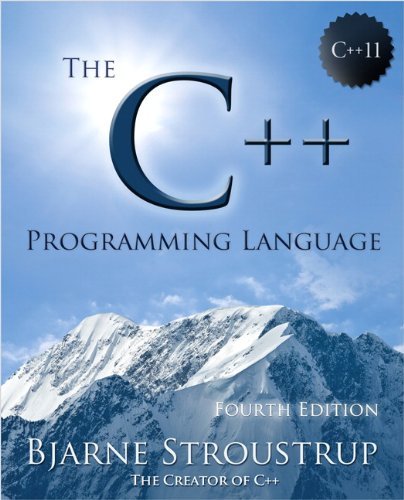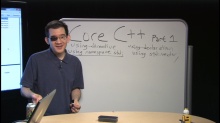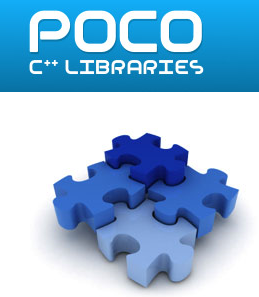Value Semantics and Polymorphism -- Dean Michael Berris
Value Semantics and Polymorphism
I've already raved about Elements of Programming by Alex Stepanov before but if there's any one chapter you should read in that book is the first one. The succeeding chapters build on the first but what's really important in the first chapter is the fact that once you understand how to think about values, you can start understanding how to really use the STL and how you can start getting more and more into the practice of generic programming. Even though the book is not really about generic programming, it is a glimpse into a fundamentally different way of thinking.
Let's take something dear to the Object Oriented Programming model and look at it in a different perspective...




 Core C++, 5 of N: Explicit and Partial Specialization -- Stephan T. Lavavej
Core C++, 5 of N: Explicit and Partial Specialization -- Stephan T. Lavavej An Overview of the New C++ (C++11)
An Overview of the New C++ (C++11) From Scott Meyers' blog:
From Scott Meyers' blog:
